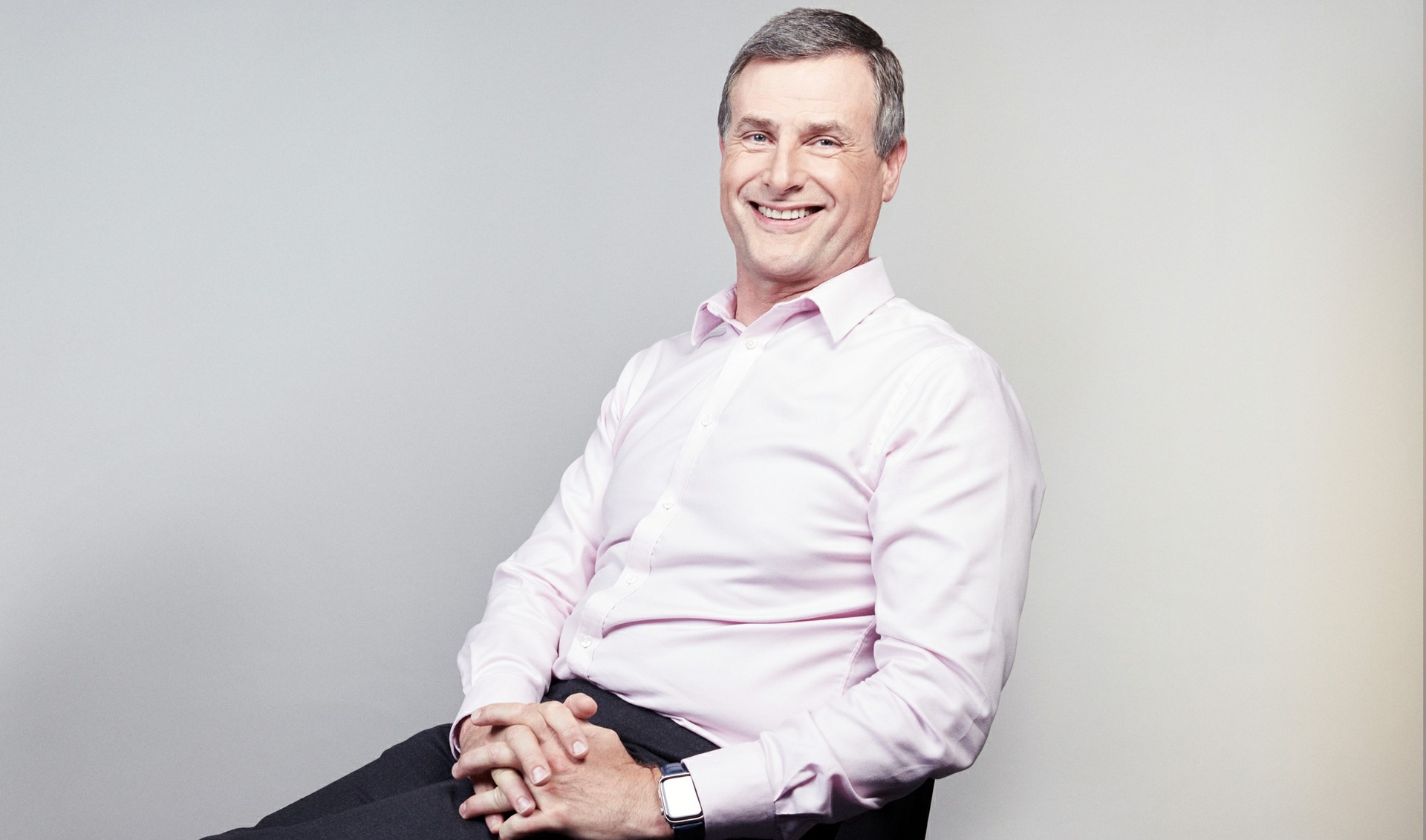The interview is drawing to a close. Throughout it, Ronan Dunne has been both engaged and engaging, thoughtfully discussing everything from the brewing racial tensions in the US to his view that Covid-19 will fundamentally disrupt the hierarchical model. He has carefully identified lessons from his career, delved into his management philosophy and talked about the need to reset the relationship between business and society. He has long described his role as the “chief cheerleader” and “chief storyteller”, and over the course of our lengthy interview, he is loquacious and charismatic. And, despite his career trajectory, he is surprisingly down-to-earth…
Cancel at any time. Are you already a member? Log in here.
Want to read the full story?
Unlock this article – and everything else on The Currency – with an annual membership and receive a free Samsonite Upscape suitcase, retailing at €235, delivered to your door.

